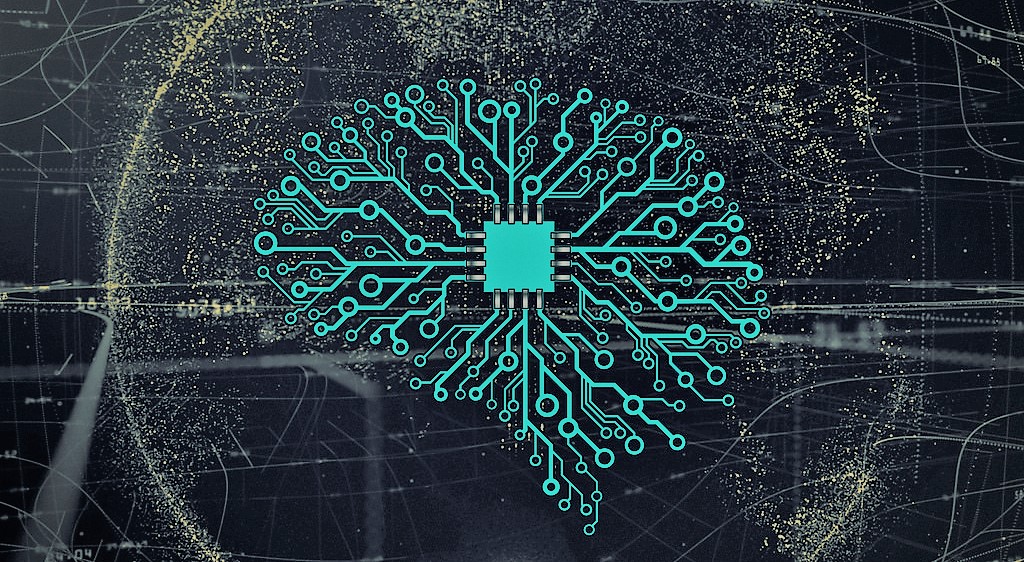UNESCO releases report on mapping of K-12 Artificial Intelligence curricula
Based on the survey results, the report revealed that only 11 countries have developed and endorsed K-12 AI curricula and only four other countries have AI curricula under development.

UNESCO has released “K-12 AI Curricula: A mapping of government-endorsed AI curricula”, the first report on the global status of K-12 AI curricula.
The current uses and impact of Artificial Intelligence (AI) has spurred an urgency to create an international consensus on how to equip children with the competences needed to understand the power but also the ethical dilemmas related to this new technology. However, as AI technology is still an emerging subject area for K–12 schools worldwide, there is a lack of knowledge for governments, schools and teachers to draw from in defining AI competencies and designing AI curricula.
In response to the knowledge gap, UNESCO launched a project in 2021 jointly with the TAL Education Group to develop a guiding framework on AI curriculum for grades K–12, which included a global survey on government-endorsed AI curricula for K-12.
Based on the survey results, the report revealed that only 11 countries have developed and endorsed K-12 AI curricula and only four other countries have AI curricula under development. The report calls for Member States to develop AI curricula for K-12 students, and to build stronger mechanisms to consider non-governmental AI curricula, which are introduced to balance AI education driven by the private sector.
AI as the basic grammar of our century
The report reaffirms the commitment to the development of AI literacy and AI competencies expressed by multiple standard-setting instruments adopted by UNESCO especially the Recommendation on the Ethics of Artificial Intelligence and Beijing Consensus on AI and Education. It is expected that based on AI literacy, everyone will be able to understand what AI is, how it works and what it can do, what it cannot do, when AI is useful and when its use should be questioned, and how AI might be steered towards the public good.
“All citizens need to be equipped with some level of competency with regard to AI. This includes the knowledge, understanding, skills and values to be ‘AI literate’ - this has become a basic grammar of our century,” said Stefania Giannini, Assistant Director-General for Education of UNESCO during her opening speech at the 2021 International Forum on AI and Education.
Nine AI curriculum categories
The report presents the coverage and time allocations of nine AI curriculum categories within the existing K-12 AI curricula, and the expected learning outcomes for each of these categories.
It summarizes the prerequisite conditions needed to implement the curriculum including teacher training and support, learning tools and environments, and suggested pedagogies. Notably, project-based learning is a particularly prominent pedagogical methodology adopted by existing curricula.
It emphasizes that K-12 AI curricula should be platform-agnostic and brand-agnostic, meaning that the curriculum content is firmly rooted in basic theory on AI, ensuring an understanding of underlying principles that can be applied across a range of technologies; and if particular hardware or software is used, teachers and learners should be introduced to multiple choices. In addition, the report recommends that AI in education needs to be more focused on fostering creativity in developing AI technologies and on contextual ethics.
This report contributes to the development of effective supportive tools and frameworks to facilitate the development of AI competencies in line with the Recommendation on the Ethics of Artificial Intelligence, adopted by UNESCO’s General Conference in November 2021. As the Recommendation states, it is important that “Member States should also ensure that AI technologies empower students and teachers and enhance their experience, bearing in mind that relational and social aspects and the value of traditional forms of education are vital in teacher-student and student-student relationships and should be considered when discussing the adoption of AI technologies in education.”
- READ MORE ON:
- UNESCO
- Artificial Intelligence
- TAL Education Group
- Stefania Giannini










